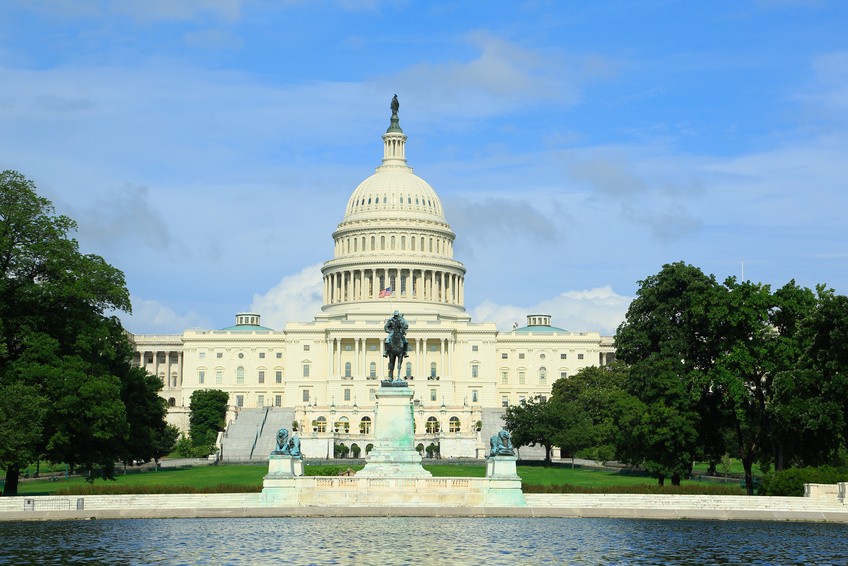 With congress grappling over a new federal budget, you may have heard that a government shutdown could be on the horizon. Opinions vary over whether this could actually happen, with many Republican leaders assuring constituents that they will be reaching an agreement soon. Congressional Democrats have been trying to filibuster, or delay, a decision, as they are in stark opposition to some of the budget bill’s main features. With all of this talk floating around, here is what you should know about government shutdowns.
With congress grappling over a new federal budget, you may have heard that a government shutdown could be on the horizon. Opinions vary over whether this could actually happen, with many Republican leaders assuring constituents that they will be reaching an agreement soon. Congressional Democrats have been trying to filibuster, or delay, a decision, as they are in stark opposition to some of the budget bill’s main features. With all of this talk floating around, here is what you should know about government shutdowns.
What is a government shutdown?
When congress cannot decide on a federal budget for an upcoming fiscal year, the government basically stops having the money to continue. The deadline to agree on a new budget should be before the current year’s funding runs out, but if this does not happen, federal regulations dictate non-essential parts of the government to shut down.
What are the implications of a government shutdown?
The last time the government shut down was in October 2013, during the Obama administration. This happened after congress could not reach a decision on the Affordable Care Act and the government did not have the funds to move into the 2014 federal fiscal year. According to the White House website archives, this moment in legislative history had several implications:
- The combined federal employee leave time totaled 6.6 million days, more than any shutdown in federal legislative history.
- Consequences from the shutdown cost the government billions of dollars.
- The shutdown negatively impacted the national economy, resulting in 120,000 fewer jobs created in the private sector in the beginning of October.
Could the government shut down this month?
It’s possible. According to CNN, the current deadline to decide on funding is set for April 28. If congress decides to extend the deadline, this date could be in early May. Congressional Republicans know that they don’t want this to happen, as a shutdown would reflect poorly on Republican-controlled congress. This tension continues to make legislative news as this date draws closer.
This decision is so highly contested due to contrasting opinions over party lines. The main points of contention are the decisions on the Affordable Care Act, a proposed wall on the Southern border, and the defense budget. While it has been more than 200 years since the constitution was created, historic legal statutes, federal regulations, and the persistence of congressional representatives will all decide the final decision.
